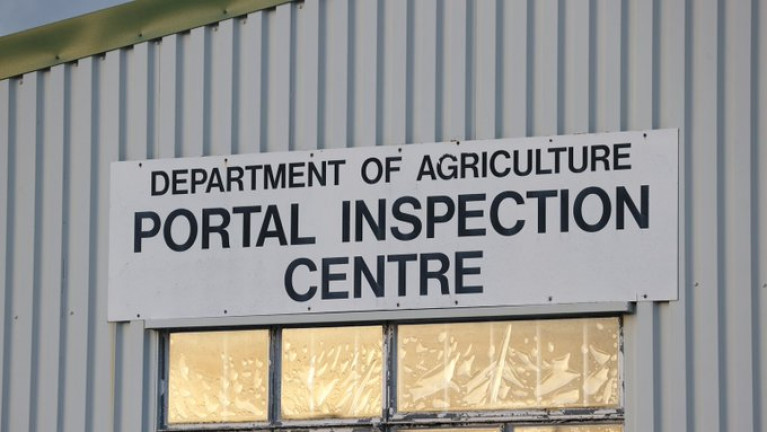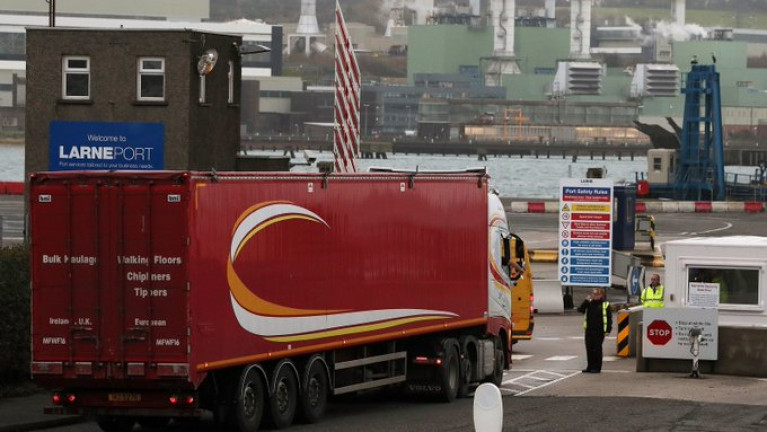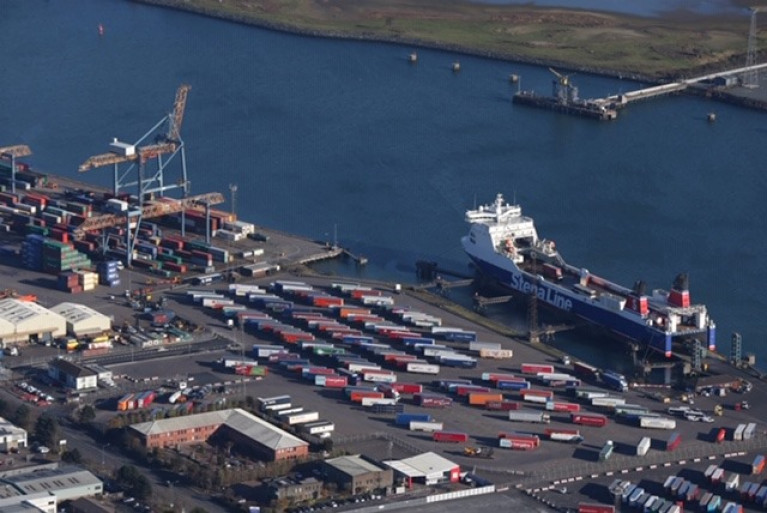Displaying items by tag: NI Ports
Brexit Agricultural Staff Checks Resume at Northern Ireland Ports
Northern Ireland's Department of Agriculture staff which were withdrawn from Brexit checks at two ports because of claims of threats last week return to work today.
According to RTE News, the decision to resume physical inspections of animal-based products in Belfast and Larne follows a threat assessment provided by police.
The checks were suspended on 1 February after threatening graffiti appeared in a number of loyalist areas warning that port staff could be "targets".
It was claimed that staff were being threatened by unspecified opponents of the Northern Ireland Protocol (see: related Article 16) which has resulted in inspections on some products arriving from Great Britain.
Many unionists and loyalists view this Irish Sea border as a threat to Northern Ireland’s constitutional position within the UK.
More here on this story.
European Union Seeks Staff at Ports to Ensure Implementation of Northern Ireland Protocol
The EU is seeking to have 15 customs and veterinary staff working alongside UK officials at ports and Belfast Airport to ensure the proper implementation of the Northern Ireland Protocol, RTÉ News understands.
In return, the EU would drop an earlier request to have a physical office in Belfast.
The issue was raised during a meeting this morning of the EU-UK Joint Committee, which officials have described as positive and constructive.
One official cautiously described the encounter in London as a potential "turning point" in the process of both sides having to agree how to implement the Protocol, which provides for customs and regulatory formalities on goods arriving in Northern Ireland from Great Britain, will work.
The meeting was led by the European Commission executive vice-president Maros Sefcovic and Michael Gove, a minister in the Cabinet Office.
More on this latest development here.
UK Government to Pay for Northern Ireland Brexit Port Controls after Minister Proposed Halting Work
In the UK the Government, according to Belfast Telegraph, is set to pay for work on post-Brexit port checks in Northern Ireland, DAERA Minister Edwin Poots has said.
The DUP MLA told the BBC that the UK Government would now pay for the work after he reportedly proposed pausing it due to the current political uncertainty around Brexit.
In the summer, the Government said enhanced regulatory checks would be required on animals and food products crossing the Irish Sea from Great Britain to Northern Ireland under the terms of the Brexit deal.
The Executive assumed a legal responsibility to undertake the work for the Government to enable it to fulfil its international obligations under the Withdrawal Agreement.
However, Mr Poots expressed a reluctance to commit an estimated £40m to the project without further clarity. Click for more here.































































